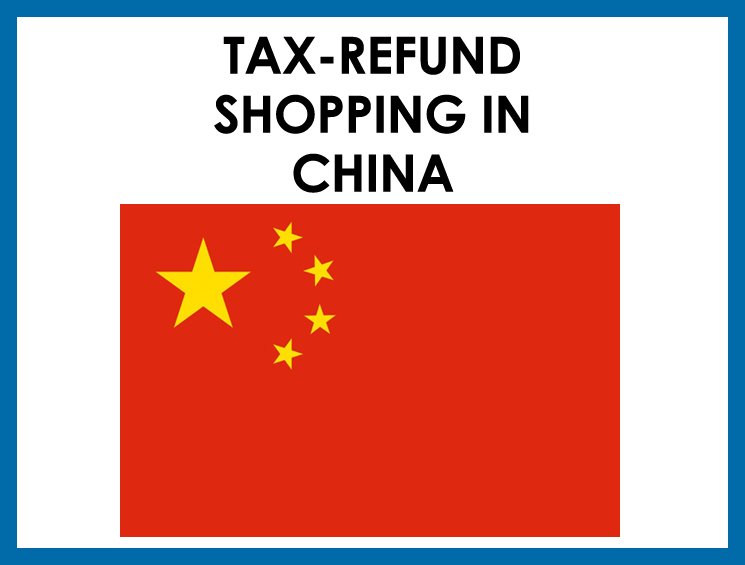Alright folks, buckle up. AstraZeneca (AZN) just dropped a bombshell in their latest earnings call: another potential $8 million fine in China, this time related to unpaid taxes on their breast cancer drug, Enhertu. This isn’t a one-off, people. They were already staring down the barrel of a $4.5 million penalty for Imfinzi and Imjudo tax issues.
Let’s be clear: this isn’t about a simple accounting error. This is China flexing its muscle, sending a clear message – play by our rules, or face the consequences. And it’s happening to a pharmaceutical giant. What does this mean for other foreign firms operating in the Middle Kingdom?
Now, about those US “equalizing tariffs”? AstraZeneca seems remarkably unfazed, downplaying the potential impact. They’re betting that any tariffs will be industry-standard and won’t derail their 2025 projections. Frankly, that sounds…optimistic.
Let’s dive a little deeper into the context of pharmaceutical regulations and taxation in China. The Chinese government has been increasingly focused on strengthening its oversight of the pharmaceutical industry, especially regarding pricing and tax compliance. This stems from a desire to lower healthcare costs for its citizens and promote domestic pharmaceutical companies.
Tax compliance in China is notoriously complex. Regulations are often subject to interpretation, and enforcement can be inconsistent. Foreign companies, in particular, frequently encounter challenges navigating this landscape. It’s crucial to have an incredibly robust internal compliance system – and even then, there are no guarantees.
Finally, the ‘equalizing tariffs’ being debated in the US are a direct response to perceived unfair trade practices. The US aims to level the playing field by imposing tariffs on goods from countries that it believes subsidize their industries. This could potentially lead to further retaliatory measures, creating a more volatile and unpredictable global trade environment.





